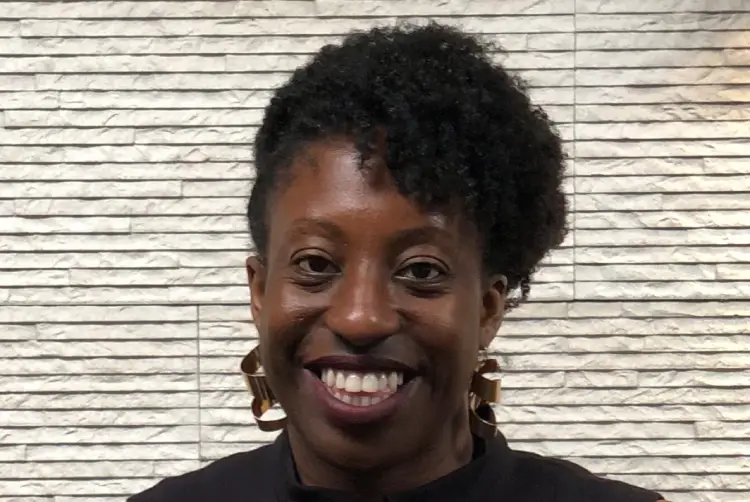
When considering the dearth of black women in leadership positions across IT and the technology industry, it is sometimes claimed that it reflects a lack of talent in the “pipeline”. The solution, this implies, is simply to encourage more black women to join the profession.
This argument is bogus, says analytics expert and venture capital advisor Suki Fuller. “I don’t want to see another initiative helping black females get into tech,” she says. “Black females are already in tech.”
“There are people in the pipeline already,” Fuller says. “They just don’t get promoted. And that has nothing to do with the pipeline being bad, it has to do with power.”

What is missing, she says, is a commitment from senior leaders to change the way their companies operate to ensure black women aren’t excluded from opportunities to progress. “It’s a matter of action, a matter of having people put their money where their mouth is.”
To gauge how senior technology leaders can turn good intentions into meaningful action, Tech Monitor spoke to black women in technology leadership roles about their views and experience. Here is what they shared.
Promote role models
As Sharon Prior, CIO at Inovivo, says, black women face more barriers than their white counterparts when applying for senior positions. On top of facing racism and discrimination, they encounter the added obstacle of an industry which is still predominantly male.
“Most black females that are in tech leadership roles have either founded their own companies or they are recruited in,” adds Fuller. “And unfortunately, when black females have been recruited in, especially here in the UK, it’s because of some diversity and inclusion’ initiative which puts them into a marketing or sales role.”
This absence of black, female role models in technology professions is a self-fulfilling prophecy, says Efua Akumanyi, senior software engineer at Made Tech and founder tech lead of Furnishful.co.uk.
To fix this absence of role models, Akumanyi suggests giving black women already in tech, opportunities to speak on panels and promote their work. “This would be great for increasing visibility to other women who want to get into the industry,” she says.
“Providing mentoring support to enable black women to progress in the company can also be invaluable,” she says.
Fix the recruitment process
Another issue hindering the progress of black women in the tech industry is the recruitment process.
Unless companies expand their recruitment reach and look for talent beyond their usual networks, it will be difficult to have diversity within teams. Because of unconscious bias, people tend to recruit candidates that look like them or have a similar background, whether that’s race, education or class.
Charlene Hunter, founder of Coding Black Females, says that to include more black women in the tech industry, CIOs and other IT leaders need to go beyond their regular contacts and networks. Most people who claim there’s no black talent available do so because they haven’t looked in the right places.
“You have a lot of recruitment companies who contact people that are already within their networks on LinkedIn, they’re missing out on talent by not reaching out to new networks,” says Hunter.
“Identify who’s in the community, who are the leaders and organisations. Contact those people because they will have access to the black community and black women as well.”

Create an inclusive environment
If a company recruits black women in technology roles but few of them stick around long enough to be promoted, it might suggest the company culture is insufficiently inclusive.
Hunter says that company cultures that do not acknowledge or discuss race can be just as damaging as explicit prejudice.
“When people say they don’t see my colour, it doesn’t make any sense to me”, says Hunter. “We can see other features on people, it’s important that we see who people are, people’s differences bring a wealth of advantages to organisations.”
“We should embrace other people’s differences rather than ignoring them or pretending they are not there because that means you are not going to create inclusive environments.”
Take responsibility for diversity
Company culture and diversity may be considered to be the domain of the HR function. But Jacky Wright, chief digital officer at Microsoft US, argues it is essential CIOs and other tech executives take responsibility for creating a culture of inclusion.
She recommends “learning about others’ lived experiences, while becoming more self-aware of your biases and the unintended consequences of your actions.”

“Expand your network to include people from other cultures,” she advises. “Focus on your managers and leaders ensuring that they are building diverse teams and providing development and growth assignments for all.”
Not only will this help CIOs ensure they are drawing on the best talent available to them. It might also broaden their own horizons.






